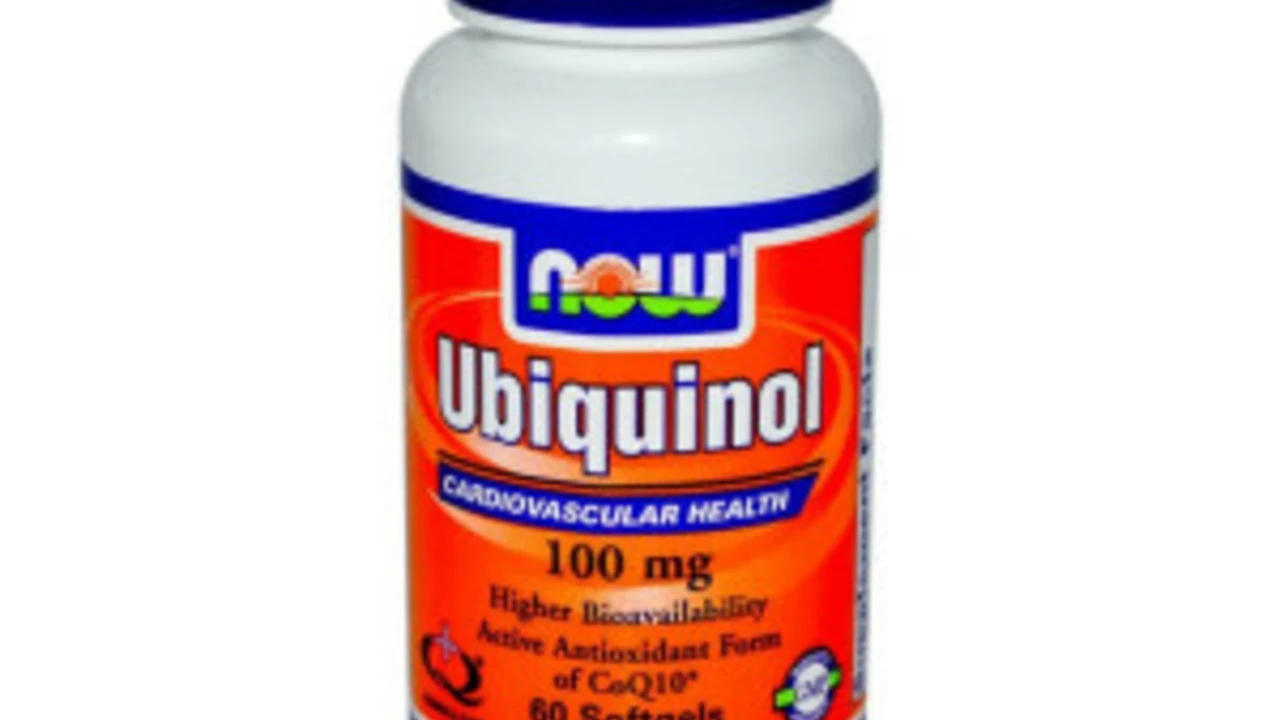July 2023: Quick Guides on Common Health Questions
You want clear, useful health info you can actually use. In July 2023 we published short, practical posts on flu symptoms, infection risk with myeloma, drug and supplement notes, hair-loss options, and nutritional support for specific conditions. Below you'll find what each post says and quick takeaways you can apply right away.
What to do when the flu brings a sore throat
The sore throat that comes with the flu can hit hard. Main actions: rest, stay hydrated, use saline gargles or warm drinks, and control fever with acetaminophen or ibuprofen if needed. Most sore throats improve in a few days; seek care if you have trouble breathing, high fever, or symptoms lasting over a week. Simple home care speeds recovery and keeps complications away.
Lowering infection risk with myeloma
Myeloma weakens the immune system, so infection prevention matters. Key steps: keep vaccinations up to date, practice good hand hygiene, avoid crowded sick spaces when possible, and keep regular check-ups with your care team. If you or a caregiver notice early signs of infection — fever, chills, persistent cough — contact your provider immediately. Quick response can prevent serious complications.
There were also posts focused on medicines and supplements. One looked at atorvastatin combined with inositol. Atorvastatin lowers cholesterol; inositol supports cell signaling. If you consider adding inositol, talk to your doctor about timing, dose, and possible drug interactions. Never change heart or cholesterol meds without medical advice.
Another practical guide covered choosing hair-loss supplements for alopecia. Look for evidence-backed ingredients like biotin, iron (if deficient), and saw palmetto for certain types of hair loss. Test for underlying causes first — thyroid problems or nutrient gaps — and give supplements at least a few months to show effects. Check with your doctor to avoid interactions.
We also explored darunavir and its role in global HIV care. It remains an important antiretroviral; access and cost are ongoing issues in many regions. For people on treatment, adherence and regular provider contact are the best ways to keep therapy effective.
Curious supplements appeared too — like anhydrous crystalline maltose. It’s promoted as a dietary sweetener with digestive and energy benefits. If you’re managing blood sugar or diabetes, ask a clinician before trying new sweeteners or supplements and watch your glucose closely.
Finally, a post covered folic acid for megaloblastic anemia in HIV/AIDS patients. Folic acid can support red blood cell production when levels are low. However, dosing and interactions matter, so follow medical advice and have blood levels checked before starting supplements.
Want a quick action plan? Hydrate and rest for flu symptoms, keep up hygiene and vaccines for immunocompromised people, consult your provider before mixing drugs or starting supplements, and test for underlying causes of hair loss or anemia. If a symptom feels severe or unusual, call your healthcare provider right away.





